


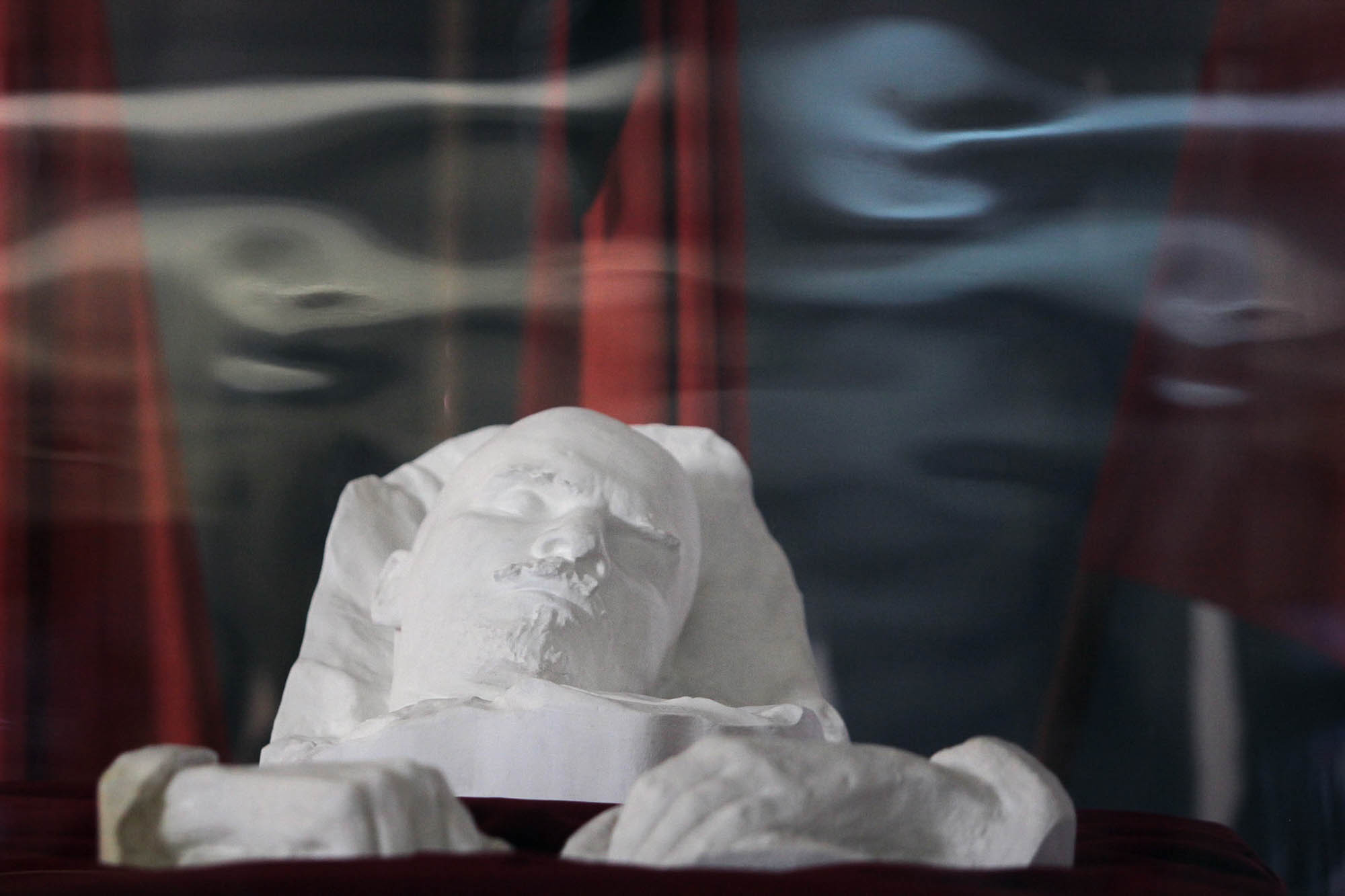
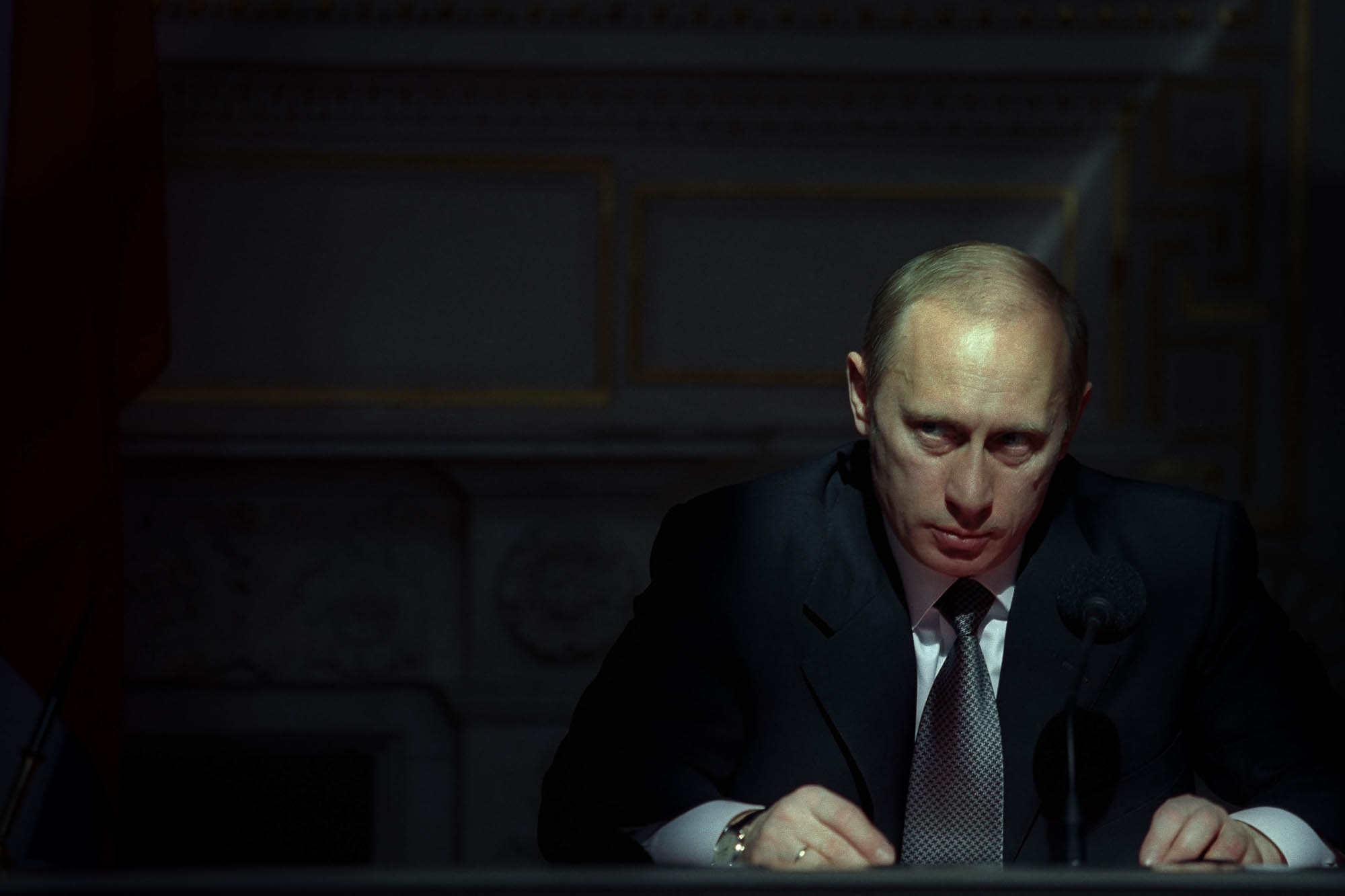
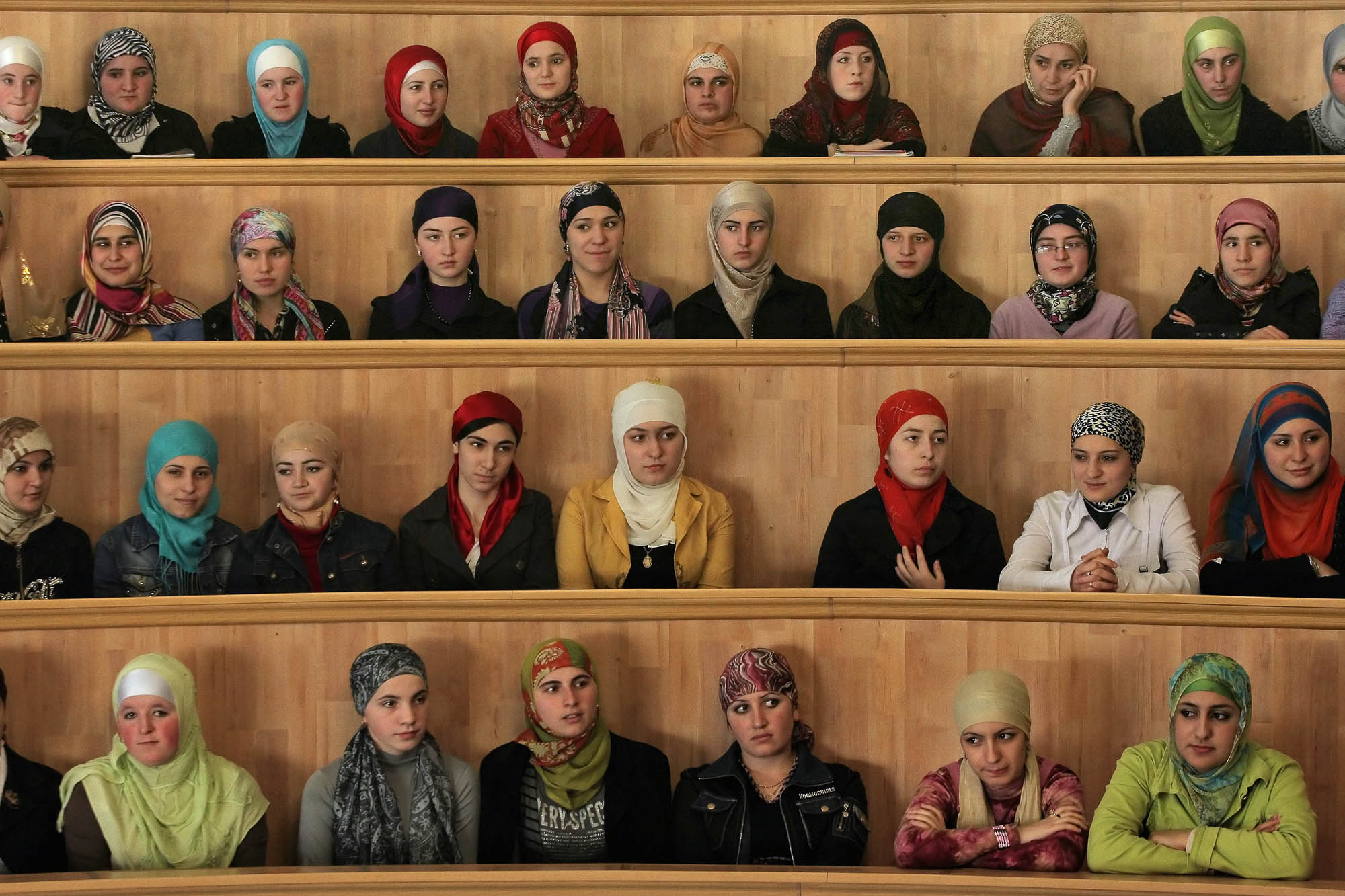
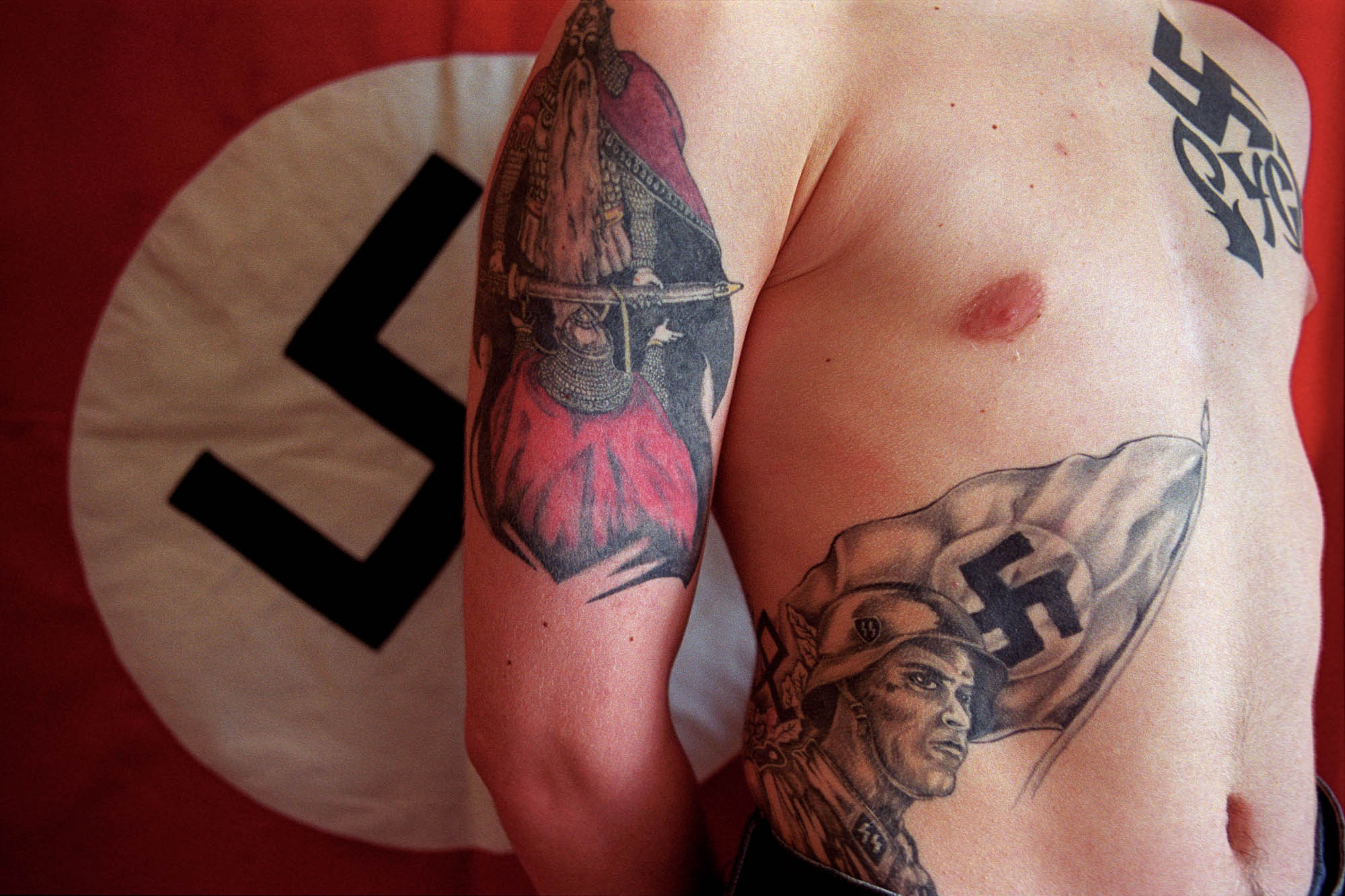

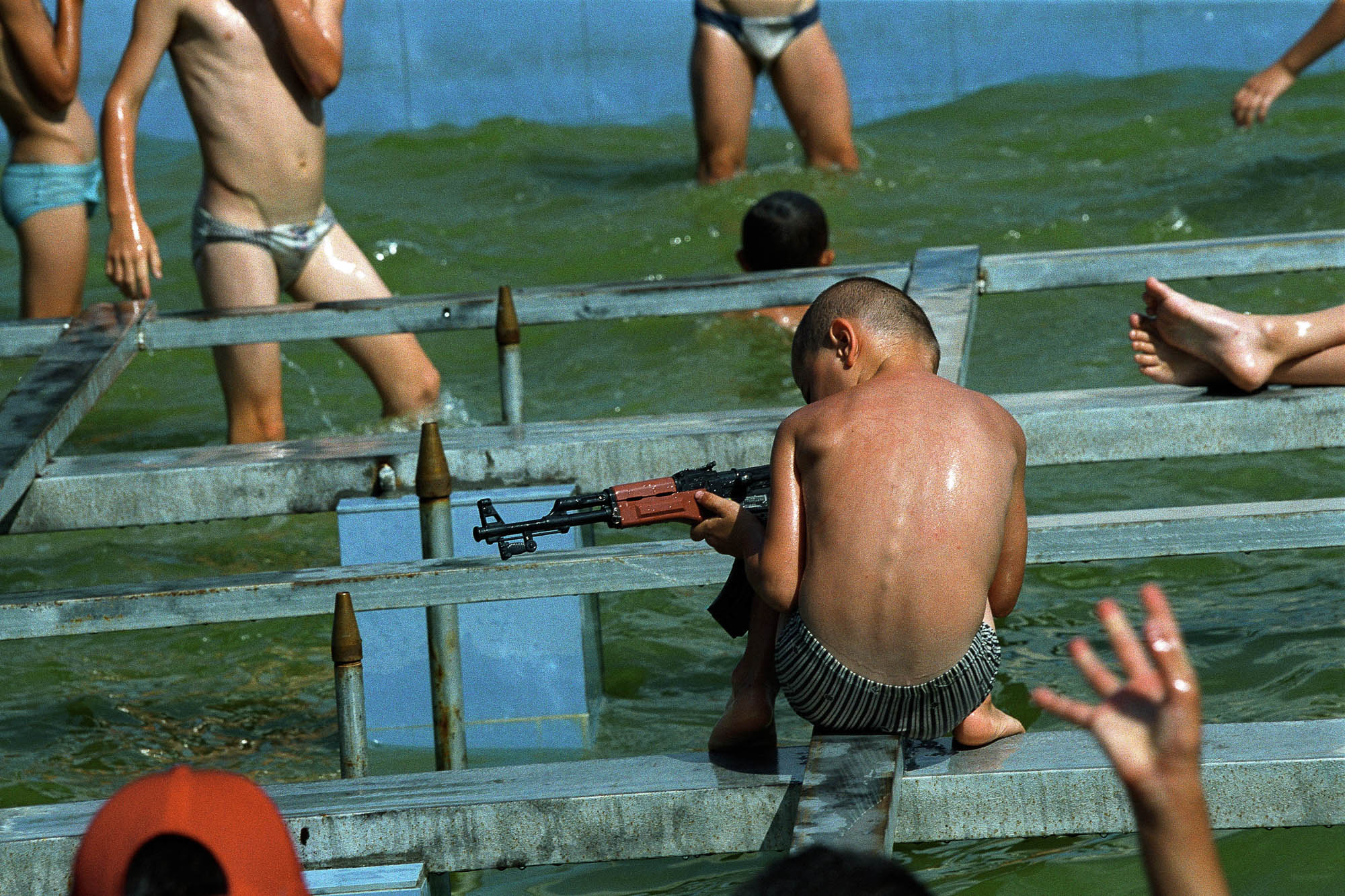
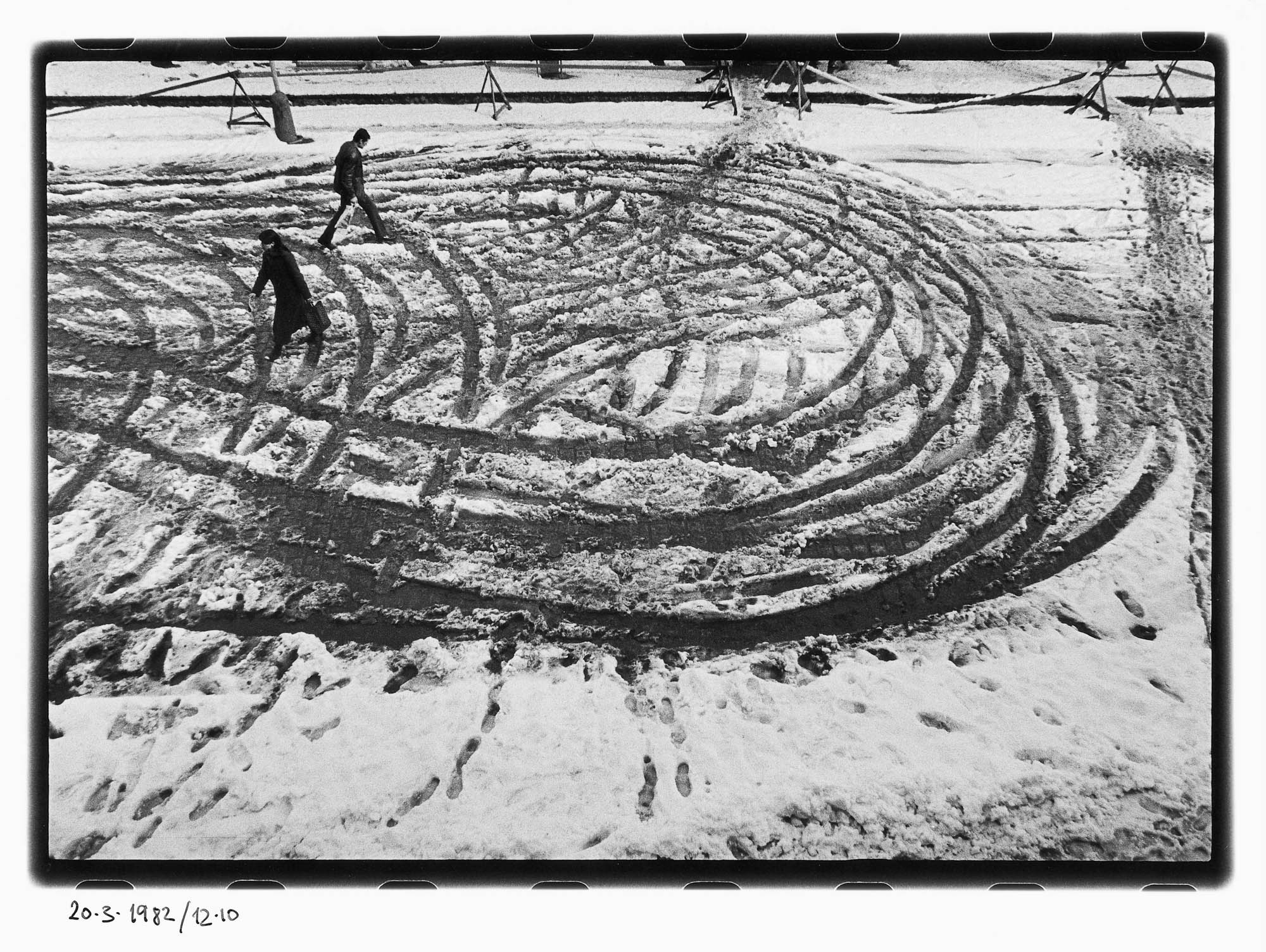

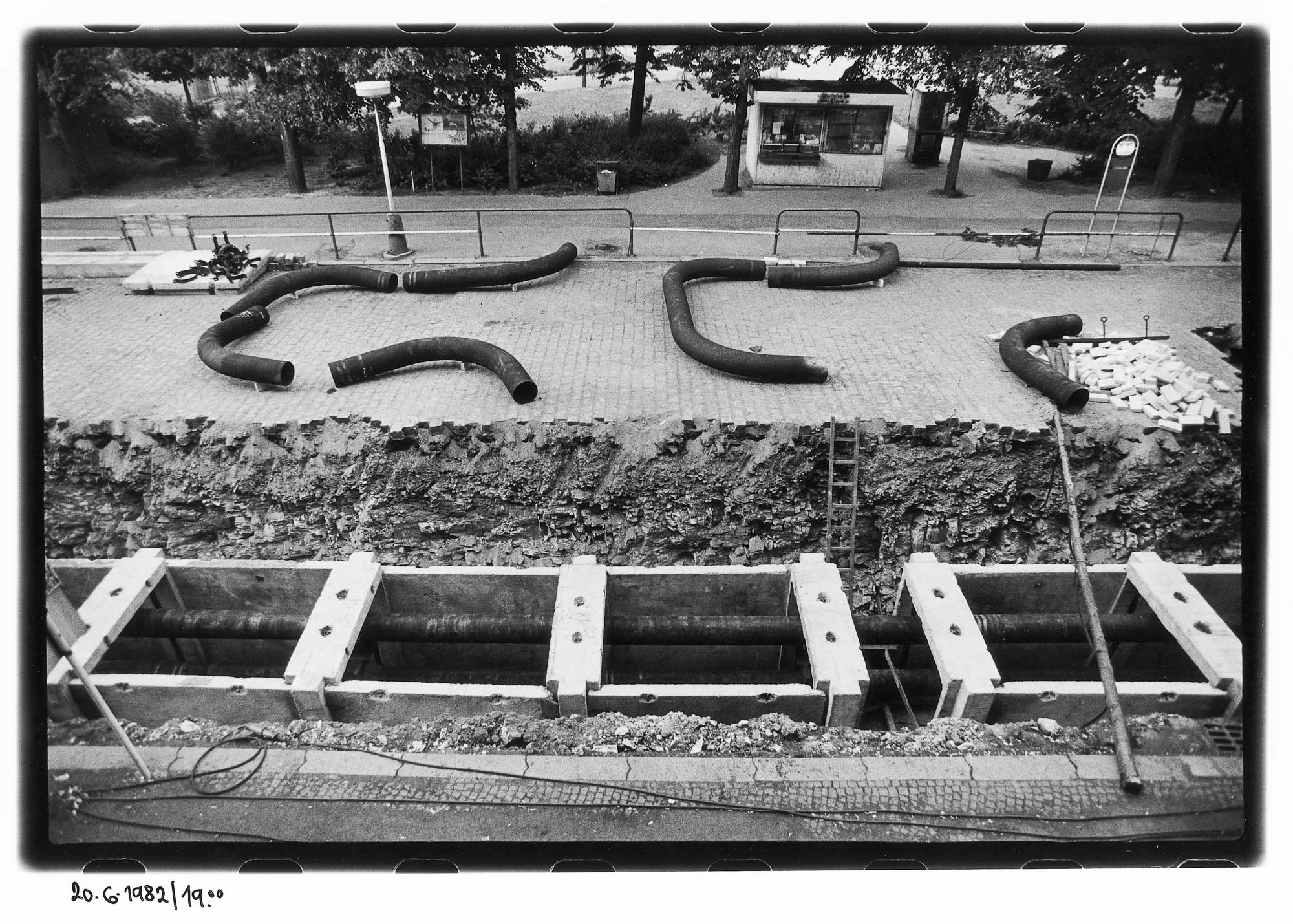
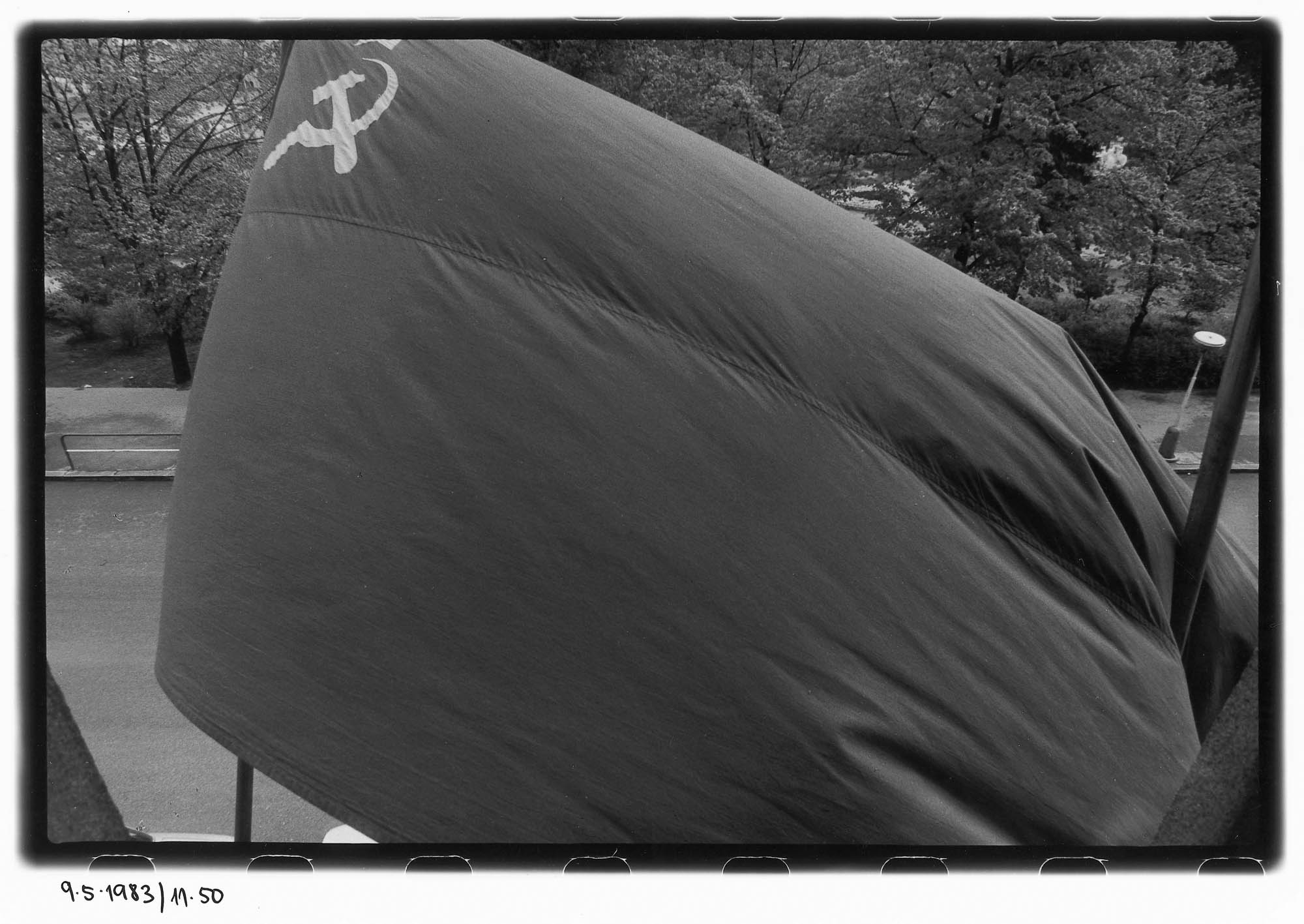
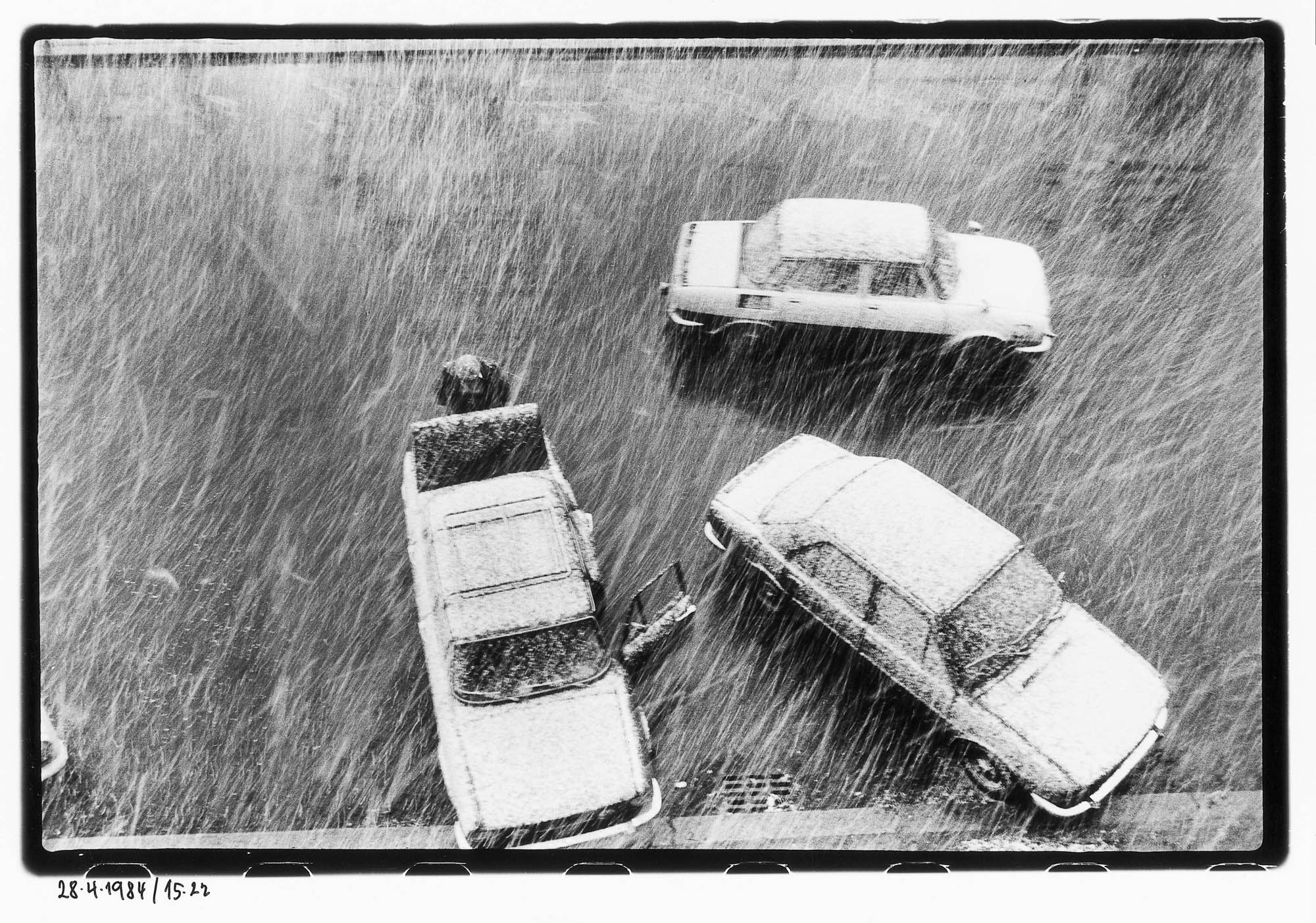
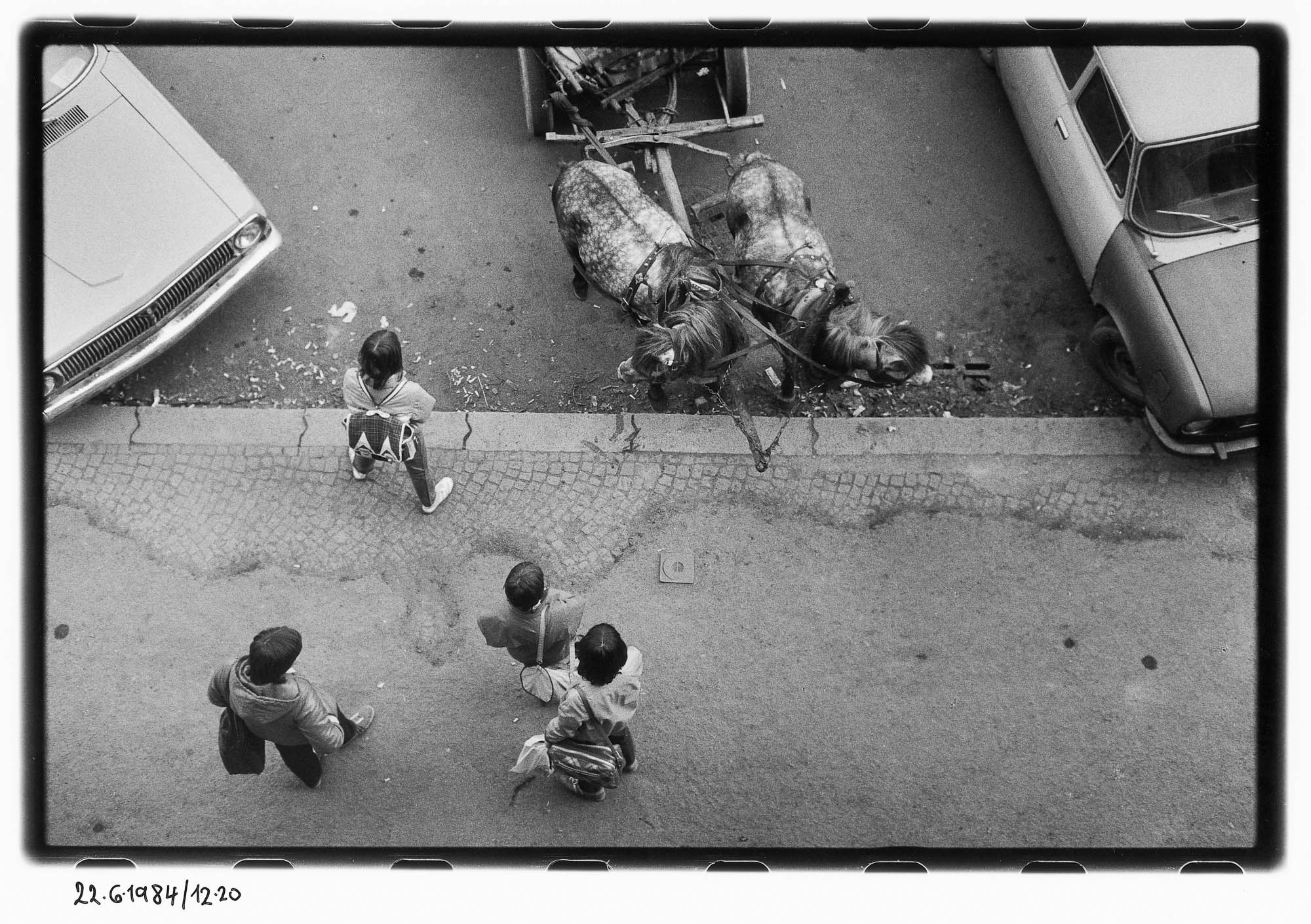



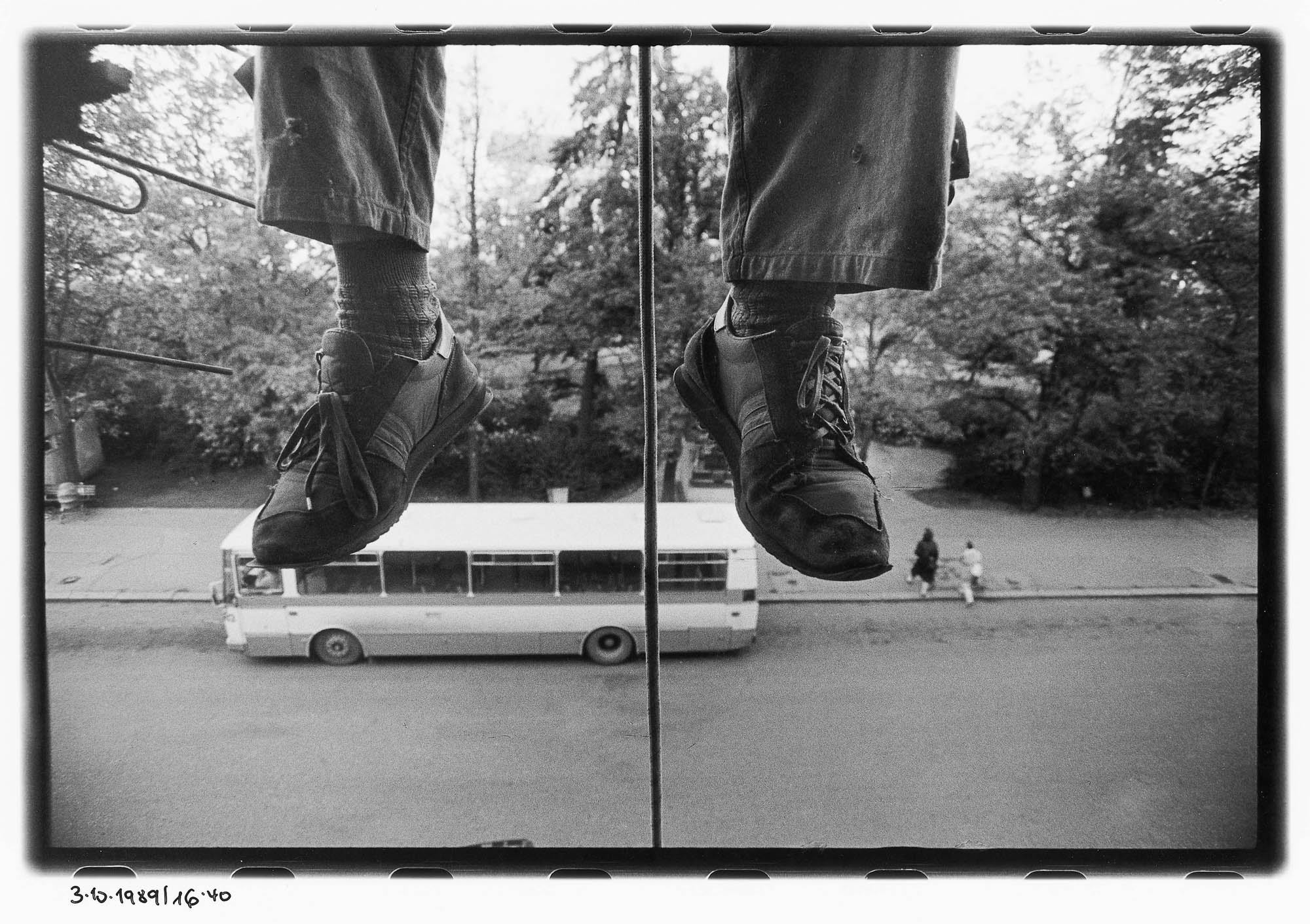
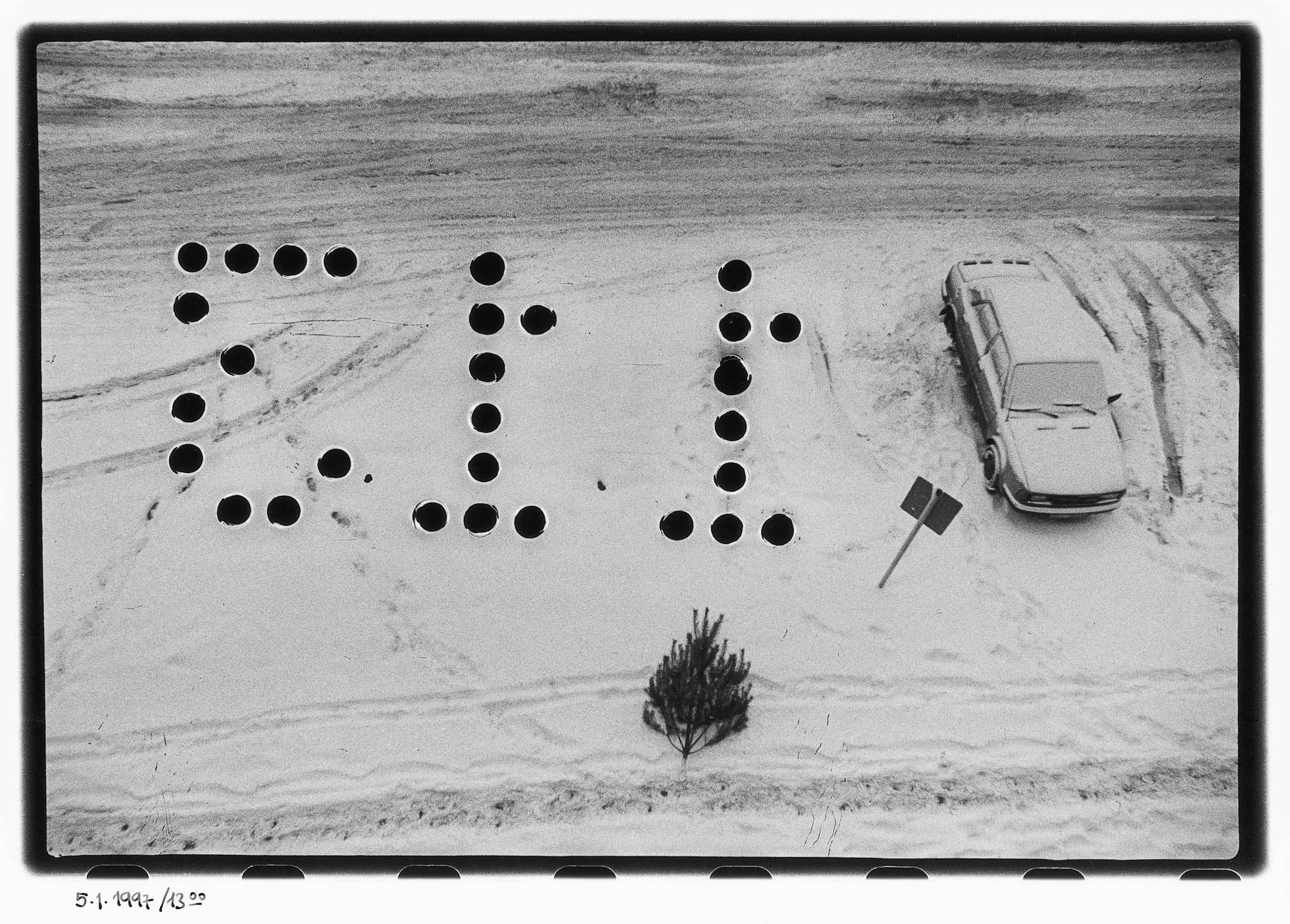
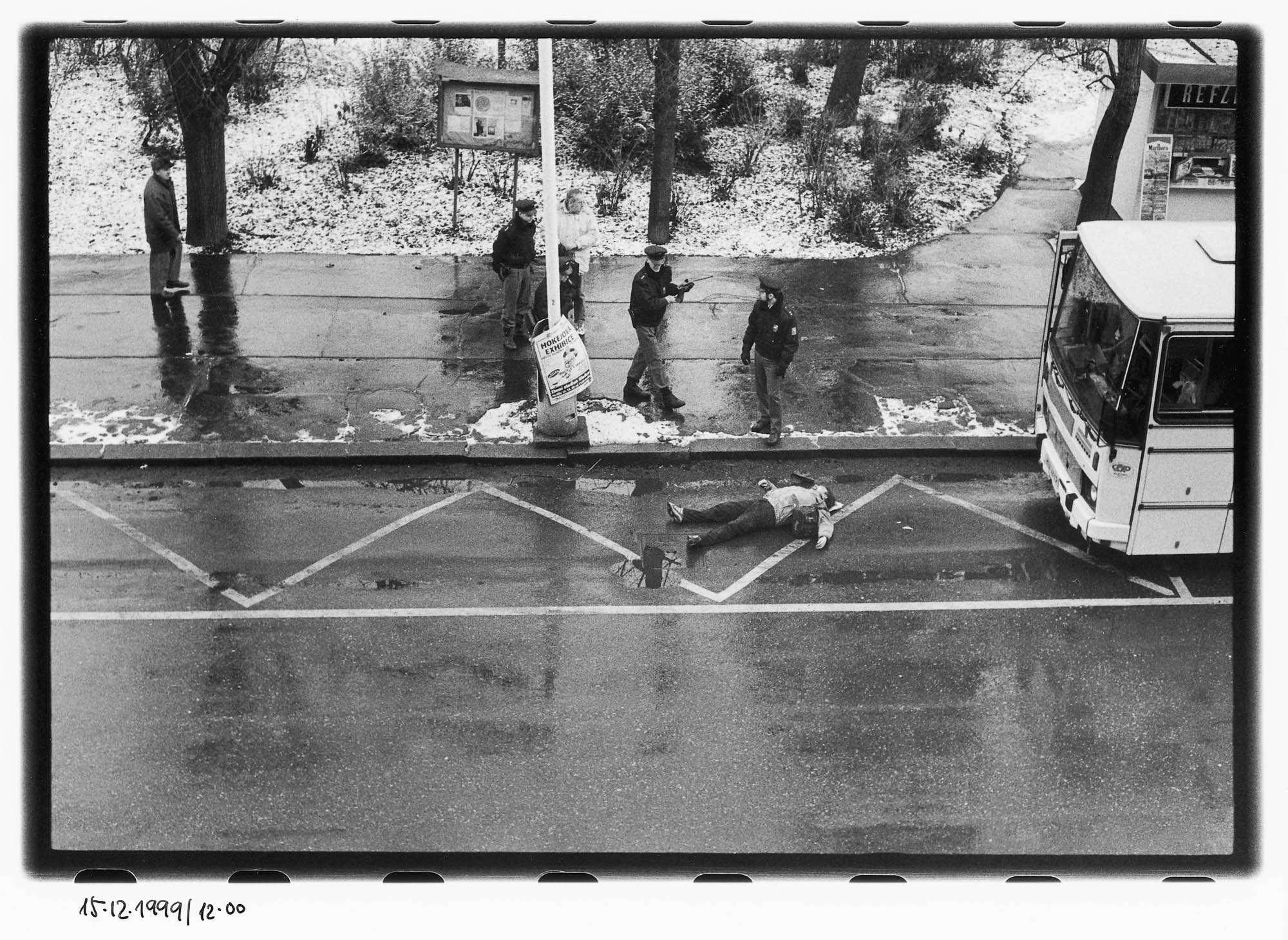
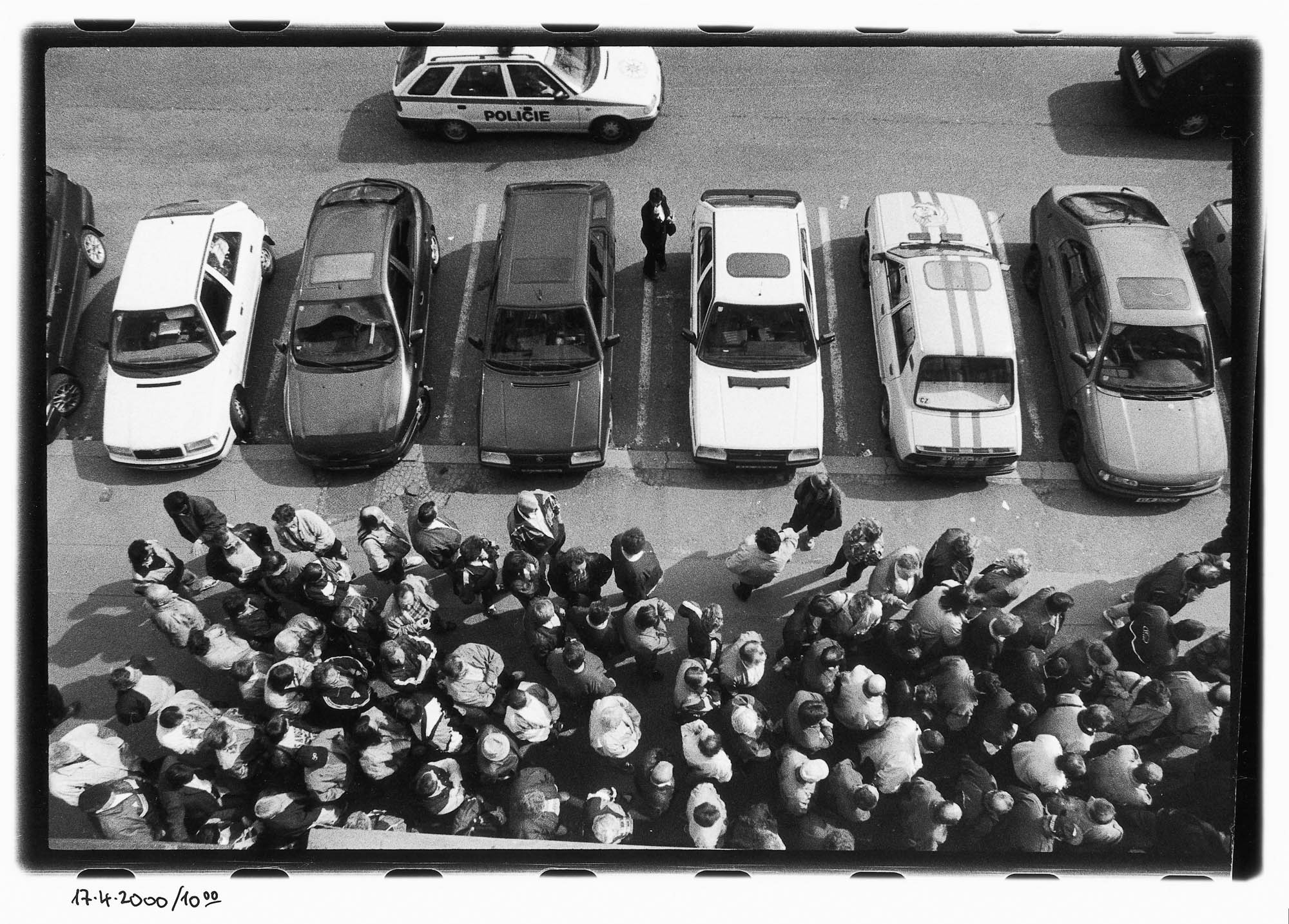

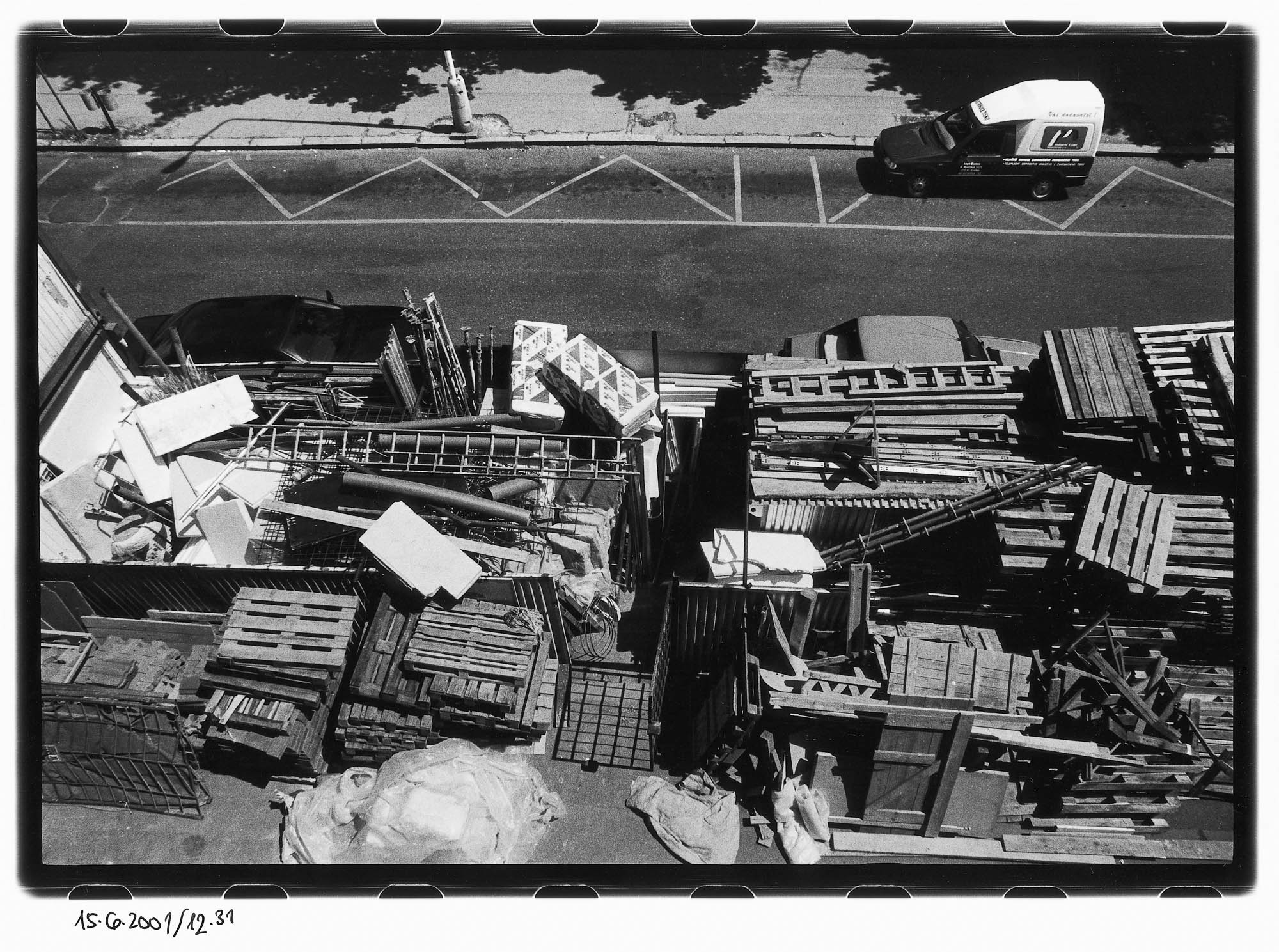
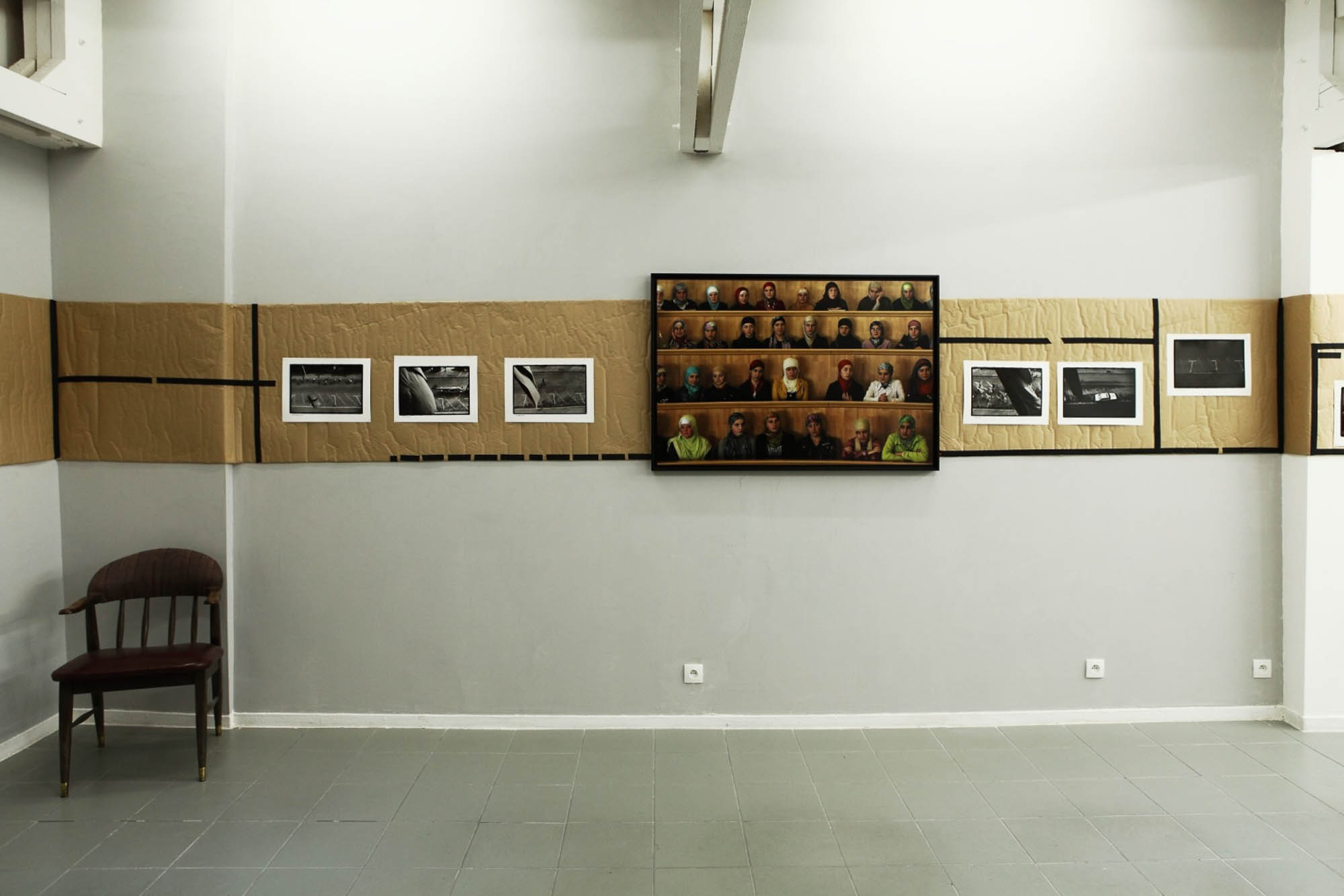
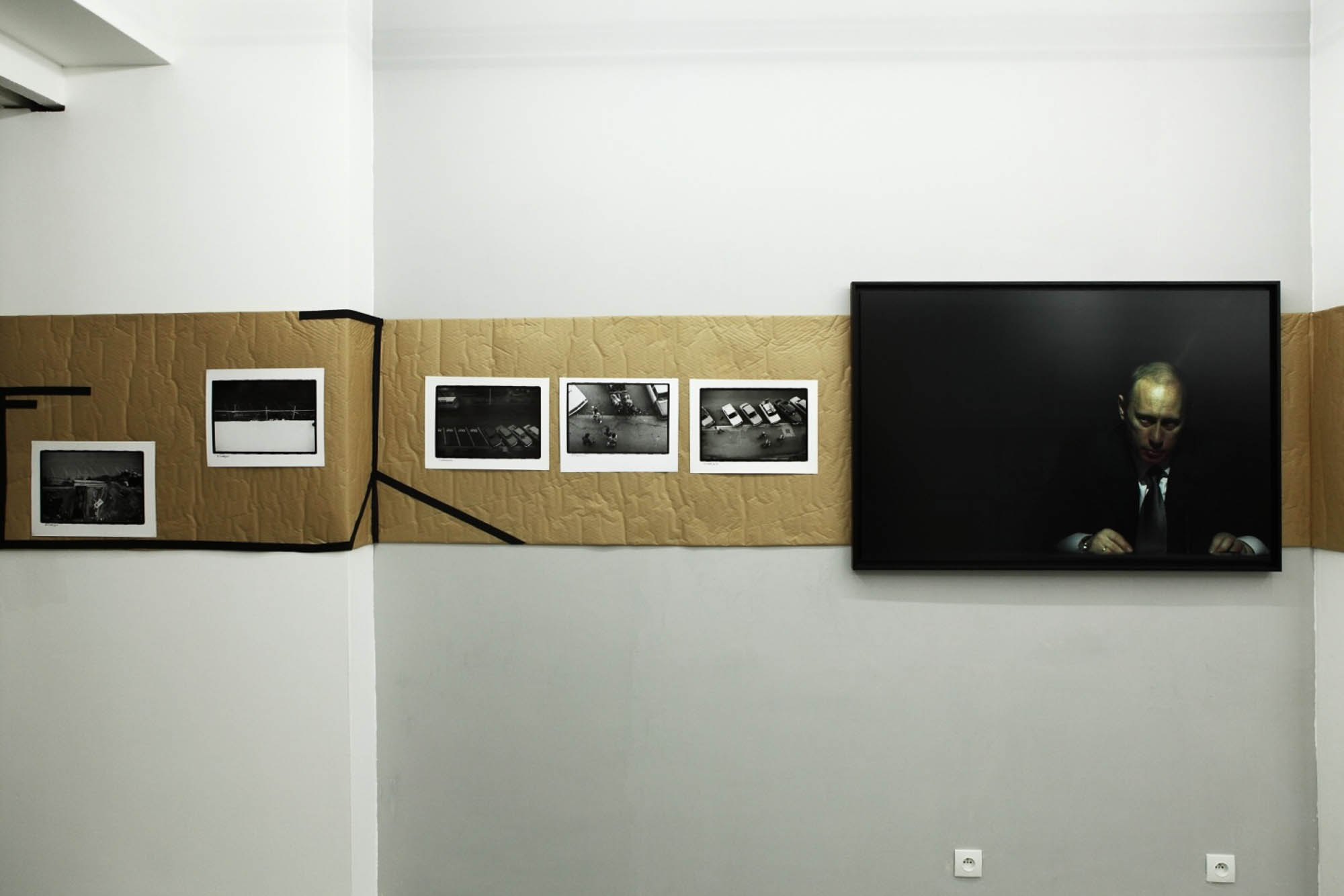
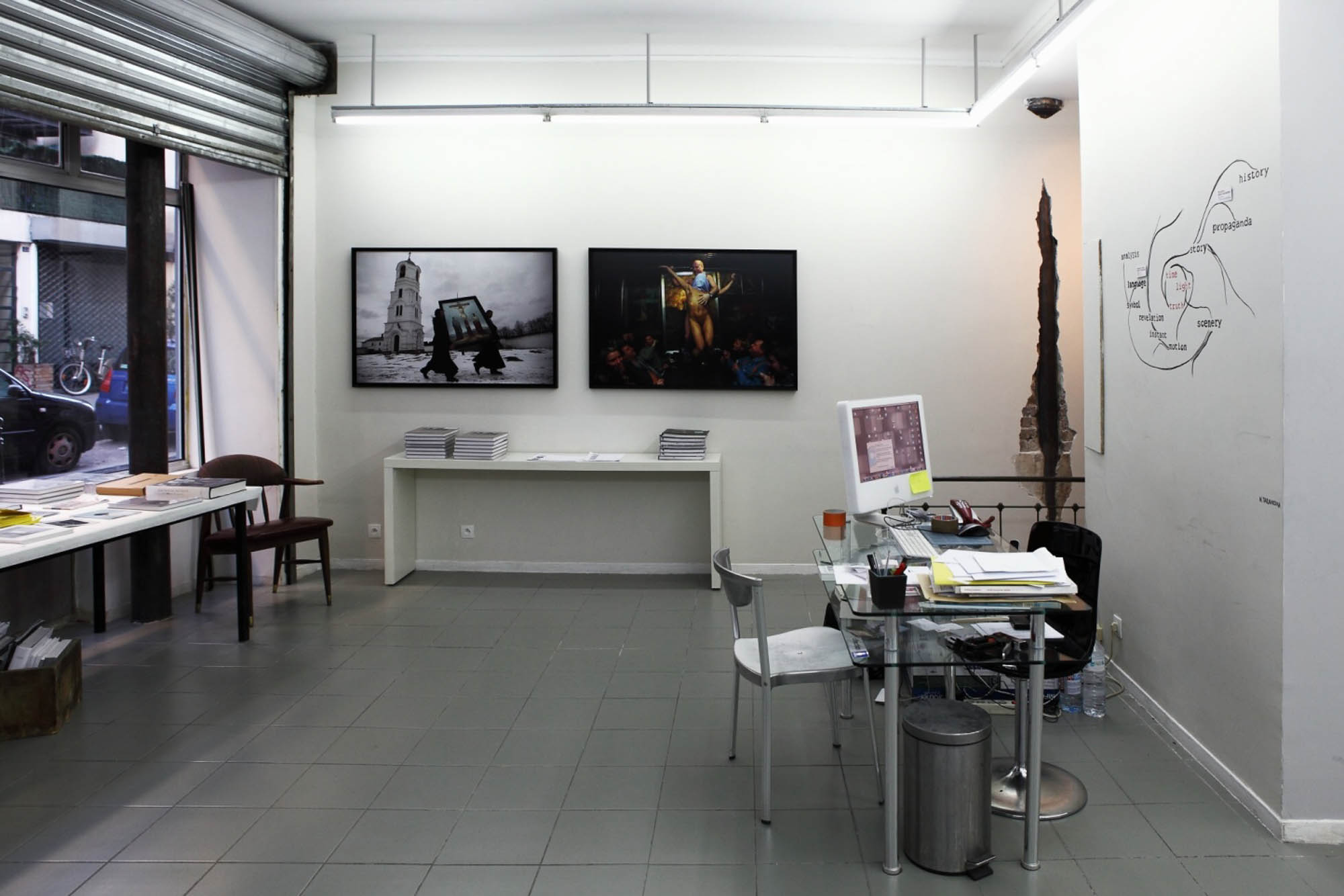
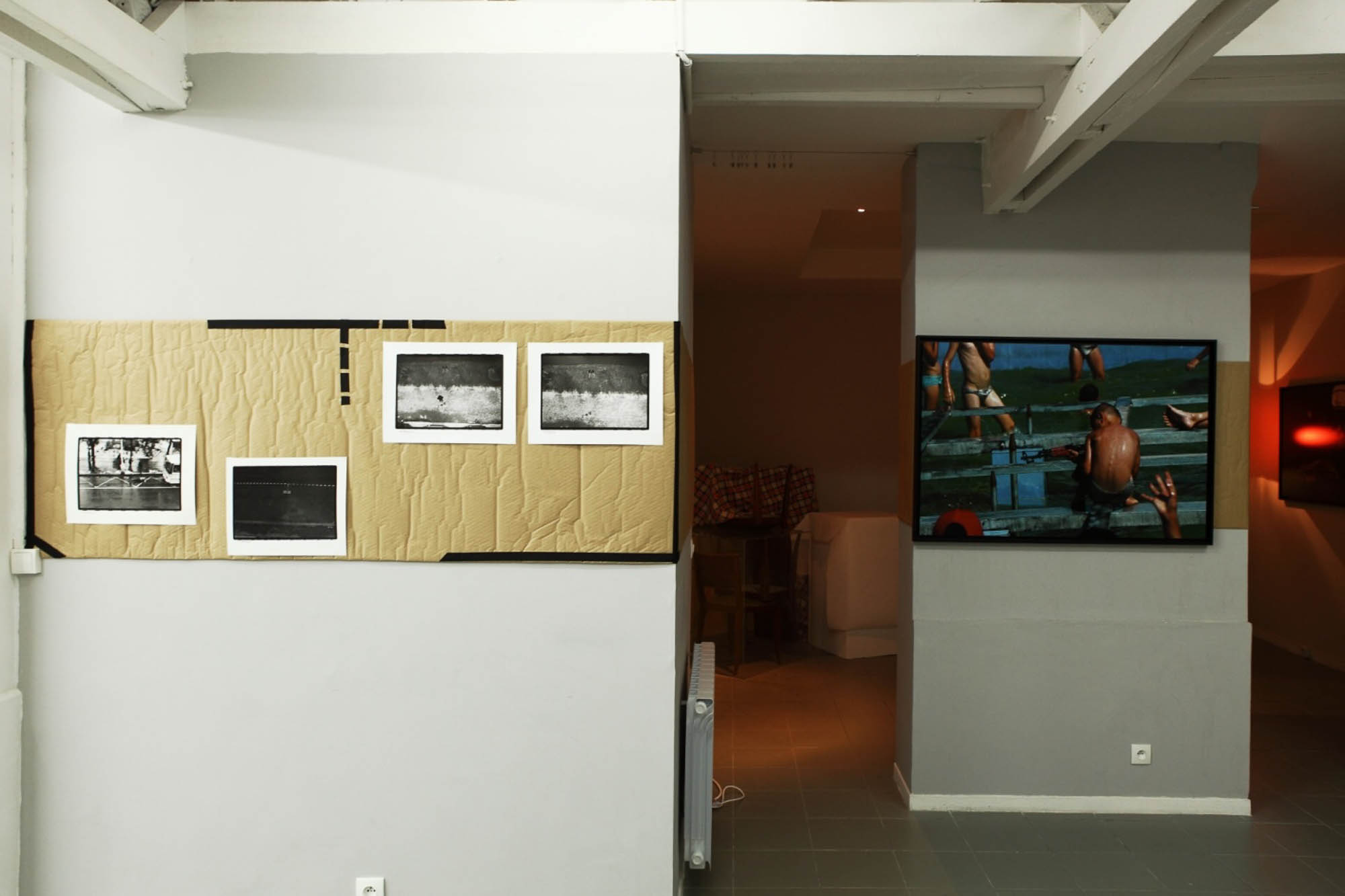

For its second exhibition rue Volta, RTR Gallery presents two bodies of work from two very distinctive artists: the “Views from my window "(1981-2003) series by Czech Jiří Hanke and a selection of works by Russian Sergey Maximishin. In juxtaposing these bodies of work and artists, the exhibition continues the gallery’s ongoing exploration along the gallery mind map of photography, this time along the axes of Time and Truth. *
By bringing together these two artists in an exhibition entitled "Story and History", the gallery RTR wants to examine the fundamental ability of photography to tell stories and to support or even sometimes to write history.
At the junction of the core values of Truth and Time, Hanke and Maximishin explore the subject of the testimony in two highly complementary ways: on one side photojournalism and documentary photography on the other.
“It is the difference between the photographer and the photographer who sat near” exclaimed Maximishin, when he learnt about the exhibition project. In fact, it is tempting to compare the results to that of a contrast between a scout hunting for unique photo opportunities to reveal a hidden truth and those of a detailed project built up with patient motionless observation, in which a story is gradually built up with accumulation of images.
And yet, while it is tempting at first sight to treat Hanke’s work as a monolithic chronicle spanning 20 years of chaotic history, it is clear that each piece is autonomous and has an independent resonance. Its plasticity, while reproduced throughout the clichés (framing identical effects of focal rare Overhead systematic) never tells the same story. To quote Franz Kafka:'You do not need to leave your home. Stay at your desk, and listen. You do not even need to listen, just wait. The world is waiting for you for you to discover it can not do otherwise’
Conversely, while Maximishin’s views seem totally consistent, finite in telling the story and building up a picture of not just of a country 'without floor or ceiling', his by-word for Russia, but also of the philosophical notions which resonate from scene to another: evil, fun, faith, power, isolation, violence.
Comparison of these two approaches that have chosen to immobilize a time, the other space, generates profound astonishment. It causes an echo effect unspeakably, voices that answer, as that would mix two records to tell the same story, never to be repeated, and which, in their plastic and narrative, are found organically and in the final artistic approach.
Each of these refers to a personal struggle for another truth, another time, in situations where the only photography allowed for exploration was that of propaganda.
Translated by Valery Kabov
